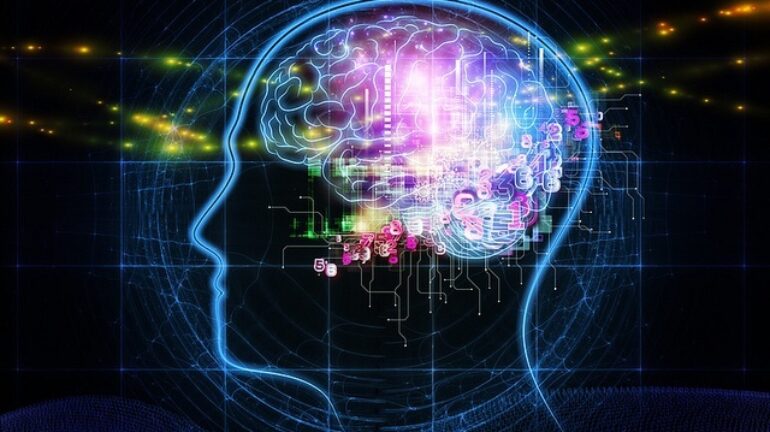
Virtual Reality (VR) technology has a wide range of applications across various industries, enhancing user experiences and enabling immersive interactions. Here are 20 notable applications of virtual reality:
- Gaming and Entertainment:
VR gaming offers immersive experiences, allowing players to be fully immersed in virtual worlds and interact with their environments.
- Training and Simulations:
Industries like aviation, healthcare, and military use VR simulations to train professionals in realistic environments without real-world risks.
- Education:
VR enhances learning by providing interactive and immersive experiences, enabling students to explore historical sites, scientific concepts, and more.
- Healthcare:
Medical professionals use VR for surgical training, pain management, exposure therapy, and patient education.
- Architecture and Design:
Architects and designers use VR to visualize and experience their creations before they’re built, enabling better design decisions.
- Real Estate:
VR allows potential buyers to tour properties remotely, providing a realistic sense of the space and layout.
- Tourism and Travel:
VR provides virtual tours of destinations, enabling travelers to explore locations and attractions before booking trips.
- Automotive Industry:
Car manufacturers use VR for design and prototyping, and dealerships offer virtual test drives.
- Retail and E-Commerce:
VR shopping enables customers to try products virtually before purchasing, enhancing the online shopping experience.
- Sports and Athletics:
Athletes use VR for training, analyzing game footage, and enhancing decision-making skills.
- Museums and Cultural Heritage:
VR preserves and showcases historical artifacts and cultural sites for interactive and educational experiences.
- Therapy and Rehabilitation:
VR is used in physical and psychological therapies to aid in pain management, cognitive therapy, and motor skills rehabilitation.
- Space Exploration:
Astronaut training and public engagement benefit from VR simulations of space environments and missions.
- Art and Creativity:
Artists use VR to create three-dimensional digital art and sculptures in immersive virtual spaces.
- Corporate Training:
Businesses use VR for onboarding, soft skills training, and team-building exercises in virtual environments.
- Journalism and Storytelling:
Journalists use VR to create immersive documentaries and stories that allow viewers to experience events firsthand.
- Music and Performance:
Musicians and performers use VR to create immersive concerts and experiences for fans.
- Environmental and Climate Visualization:
VR helps visualize complex environmental data and climate change impacts, promoting awareness and understanding.
- Teleconferencing and Collaboration:
VR facilitates remote meetings and collaborations, enabling participants to interact as avatars in a shared virtual space.
- Military and Defense:
VR is used for military training, mission planning, and simulation-based decision-making exercises.
These applications of virtual reality showcase the technology’s versatility and its potential to transform various aspects of our lives and industries.